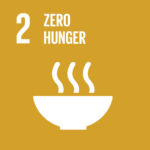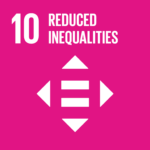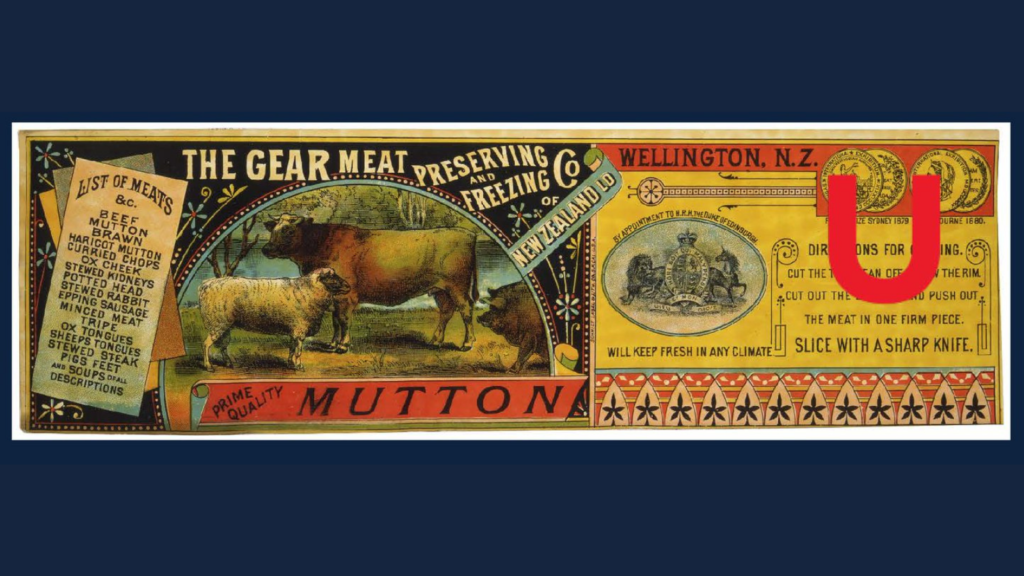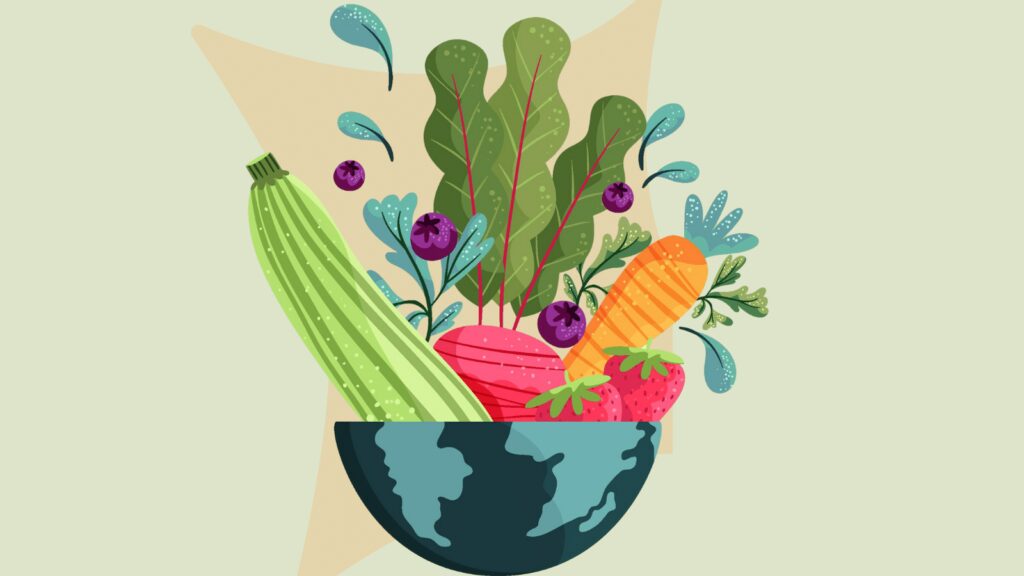Veganuary is here ! Veganism is always an appealing concept to explore.
The advent of modern veganism came from a place of compassion, kindness, and social justice. Your closest friends and families are probably going vegan for the reasons of diet improvement, religious motives, and environmental concerns. Many animal liberations activists go over the extent of going vegan and leave behind the entirety of the consumption of animal products. Making the welfare of other living beings at the center of their movements, most vegans chose to cut out their animal consumption in any kind as a way to minimize the adverse impacts of climate issues and biodiversity loss. Essentially, to make better choices, minimize adverse effects, or bring betterments towards other living beings.
Veganism is always an appealing concept to explore, mainly because it closely and actively interacts with class and privilege issues, exploitation, and other socio-political issues central to the movement.
RELEVANT SUSTAINABLE GOALS



Co-opted veganism
When you think of vegans, do you think of preppy, skinny, wealthy white women who go to spin class now and then? Unfortunately, this prominent visualization of veganism raided with a gluten-free, cold-pressed, organic diet is the co-opted version of vegans. So when someone believes that to be a de facto environmentalist, they need to incorporate an entirely ethical diet dictated by white-washed veganism, we need to ask ourselves, “is this way of thinking laden with privilege?”
Veganism and plant-based lifestyle are not a new concept. In fact, many indigenous communities have been practicing veganism and plant-based diets for thousands of years. Followers of Buddhism, Hinduism, and Jainism are known to advocate and practice veganism alongside promoting the value that no human being can inflict pain on other animals. For more than 5,000 years, the Brokpa tribe of Ladakh, for example, has flourished on a plant-based diet while living in difficult Himalayan terrain. Some waves of veganism from Arabs also support the belief in soul transmigration.
Veganism is a collective movement that stands relatively neutral on the political spectrum. Torres & Torres (2010) mentioned in their book, Vegan Freak: Being Vegan in a Non-Vegan World, that veganism resonates with almost every political belief system on earth. Unfortunately, like many other collective movements that are seemingly politically neutral, there is always a gap for co-optation to seep in. “Green rush” marketing demands KFC and McDonalds to launch “vegan” burgers, or for a clothing line to launch a vegan leather. When it is apparent that these brands are still participating in animal testing for their products or still treating their employees inhumanely, it is pretty clear that all these “green rush” marketing did not depart from a place of compassion nor intended for animal liberation. It was all to meet demands.
Our society is obsessed with pushing small-scale controls, banning plastic straws and plastic bags, forcing us to incorporate diets laden with privilege, and suggesting that every individual should shoulder the responsibility of climate issues rather than calling out corporations and governments. This ploy exceeds whether someone makes choices deemed as “good enough,” it has grown to whether my decision to take public transportation today could factor in human survival.
But again, what good does collective movement bring when our environmentalism could only be gratified by buying more green products or vegan options? What good does individual effort get when corporations and governments could easily cancel out and exacerbate our efforts?
It is easy to feel disheartened knowing that the personal changes we attempt to make while trudging only factor in a minimal amount of worldwide environmental issues. When white standards and capitalism instantly co-opt a movement like veganism, it is also easy to feel guilty whenever we feel like we do not comply with the “stricture.”
Double Standard Of Being Vegan
The notion of elitist veganism comes from a place of access inherence. For shamers of meat-eaters, access and privilege seem inherent; health is wealth. The time and effort to prepare a plant-based diet from scratch instead of eating processed foods, having private nutritionists, acquiring climate-related and agricultural knowledge, are a few of many attributes elitist vegans often neglect when excluding others from their modern standards.
Elitist vegans often neglect the attributes so laden with privilege when excluding others from their modernized standards. Not everyone has the time and effort to prepare a plant-based diet from scratch instead of eating processed foods, having private nutritionists, acquiring climate-related and agricultural knowledge.
It is almost ironic when you move black, indigenous, and people of color from the conversation of veganism as they were the first ones to incorporate it. Indigenous farmers are now facing a sudden surge of demands for avocados, quinoa, and chickpeas, affecting local prices and the welfare of exploited farmers.
In roughly 88 countries, meat and poultry are subsidised. In addition, more accessible transportation and cheaper storing costs for meats and poultry may factor in why meat and poultry are more affordable and more accessible than fresh produce. It is not very questionable then why some people need to incorporate red meat and poultry into their daily diet, it is because they barely have other options left.

Individual Effort is Not All That Useless
We cannot expect to fix climate issues and biodiversity loss by eating a plant-based diet, at least not on our own. A study in 2018 found that if everyone in the world started incorporating a plant-based diet, our carbon footprint from food alone could decrease by 73 percent. This is not to burden ourselves with shouldering all responsibilities alone, but proving that it all accounts for a significant change when we move together under the exact cause. So, amidst embedded pressure and guilt, what can we do?
- Understand your cause and find your “why?”
- Is it for religious reasons? To improve your health? To advocate for animal liberation? Whatever your cause is, understand that eating plant-based could only be ethical when it is not at the expense of other humans.
- Go at your own pace and tradition.Find what sources are accessible for you. Opt for what ingredients are local and in the season to decrease carbon footprint from delivery.
- Call out brands, content creators, and bloggers whenever you see them co-opting recipes and carrying out a “green rush.”
- Educate yourself and your closest ones about food justice, farmers’ exploitation and welfare, and food colonialism. Food and diet are more than consumption; there are structural issues to it.
- When incorporating a plant-based diet, start moderately and always expect a slip-up. But don’t let your slip-up stop you from going forward.
- Understand that your journey and others are different, so never force your belief system upon others or compare your trip to others.
Essentially, when we ask ourselves, “what constitutes better choices?” Thinking twice about what minimizes adverse effects and brings betterment for others should be the center of it.
The article was initially published on 7th January 2022.




